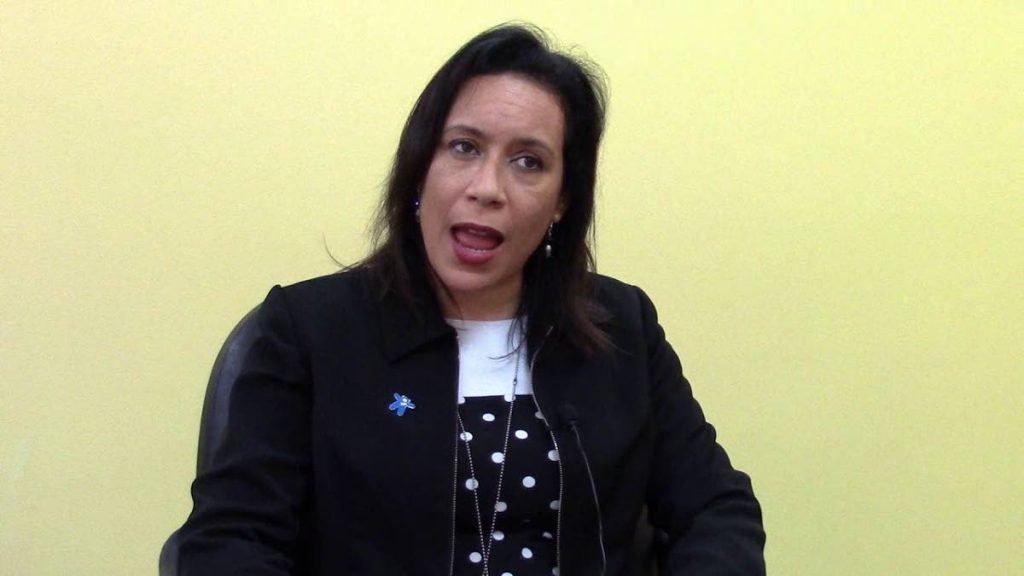Regional bodies unite to tackle gender-based violence

Changing Caribbean perceptions on men accepting mental health care is an important step towards improving their attitudes towards family life.
Aurora Noguera-Ramkissoon, liaison officer for the UN Population Fund (UNFPA), pointed out, "Culturally, men and boys do not seek help as it would be seen as unmanly.
"By empowering and engaging men, this is fundamental to achieving a host of development outcomes, particularly in reducing poverty and improving health."
She spoke as various stakeholder groups on gender relations discussed strategies and policy in reducing gender-based violence during a two-hour-long virtual forum on ending abuse.
The symposium, which was co-ordinated by the Caribbean Male Action Network (CariMan), focused on the root causes of gender-based violence and domestic abuse, beginning with attitudes towards masculinity and family life among Caribbean men.
Noguera-Ramkissoon also said more men should be included in the discussion to change current stereotypes of negative masculinity while reinforcing more positive traits.
Men could not be excluded from policies and programmes to adress gender-based violence, she said, as long-term changes in behaviours hinged on their development.
Senior operations specialist for the Inter-American Development Bank (IDB) Laurence Telson reinforced Noguera-Ramkissoon's statements, saying, Caribbean men are socialised to act in certain ways which can be harmful to themselves, partners and society.
She said research by the IDB in several countries, including TT, Jamaica, Suriname and Haiti, showed boys were typically socialised to adopt controlling and abusive attitudes towards their partners.
"In those countries women have also reported their partners displayed jealousy and monitoring of whereabouts as the most controlling behaviour. You will note that emotional violence, which is emotional abuse, (includes) putting down a woman in front of her friends and family.
"Emotional violence is usually seen as the precursor to other types of violence.
"If you look at non-partner violence, (it) is also very high and above average."
In 2019 the UN Office on Drugs and Crime revealed some Caribbean countries featured the highest reporting rate in the world, Telson said.
While the focus on the development and empowerment of women was necessary in addressing gender-based violence, boys also needed proper training and encouragement.
She noted that as girls excel in academics, research has shown the precentage of boys gradually decreases in higher education institutions.
"Girls outperform boys as early as primary school in Jamaica and TT. The diagnostic studies showed in seven of the eight Caribbean countries (in the study) that boys are more likely to be disengaged and drop out at the secondary-school level
"The programme evaluates the academic performances of boys as young as 15 years old that shows that in TT, the gender gap at age 15 is statistically significant in mathematics and science."
She said in 2017 data from UWI showed men comprise only one third of its student population.

Comments
"Regional bodies unite to tackle gender-based violence"